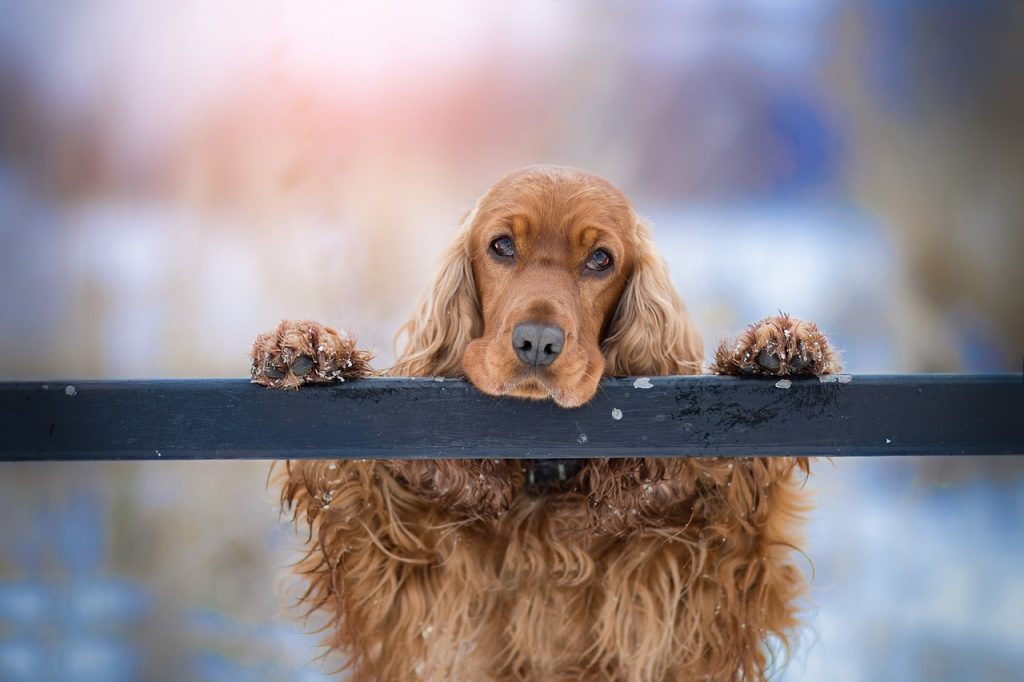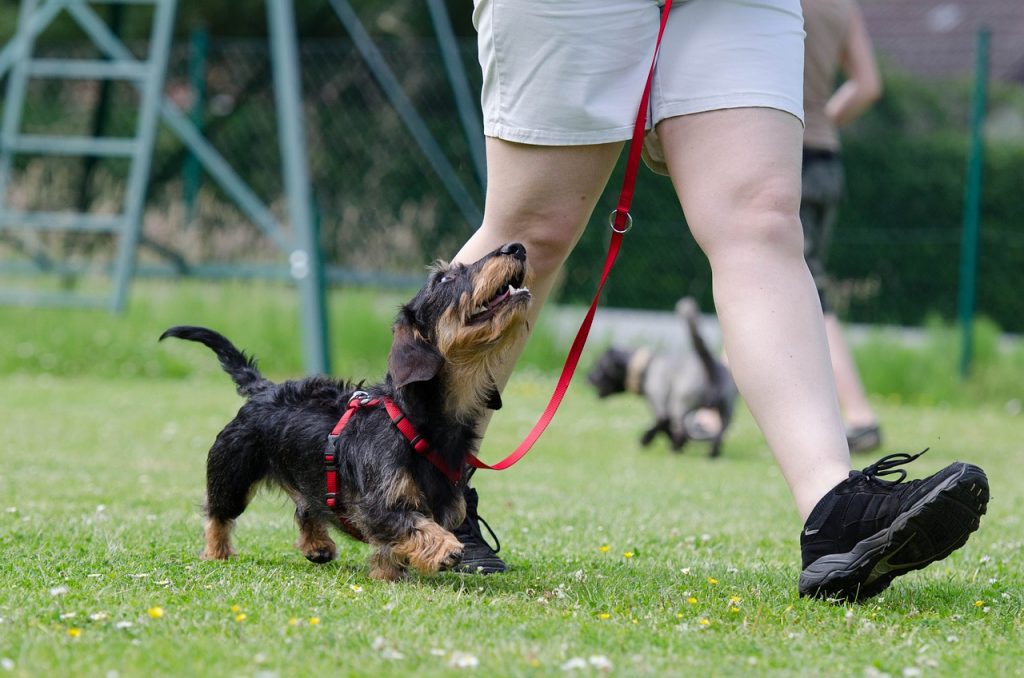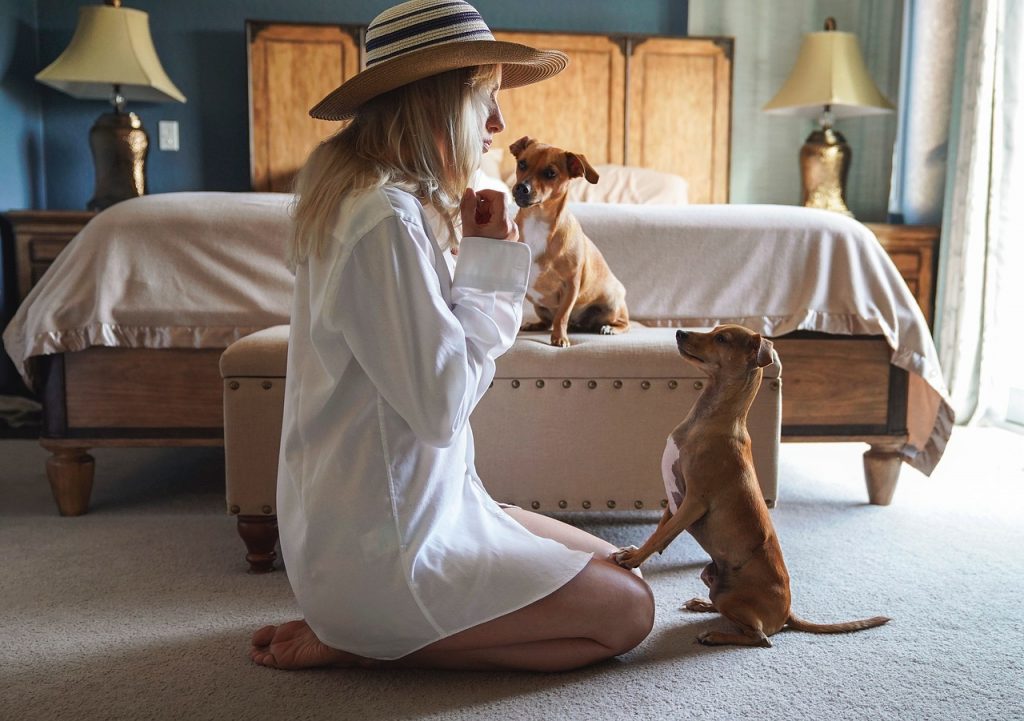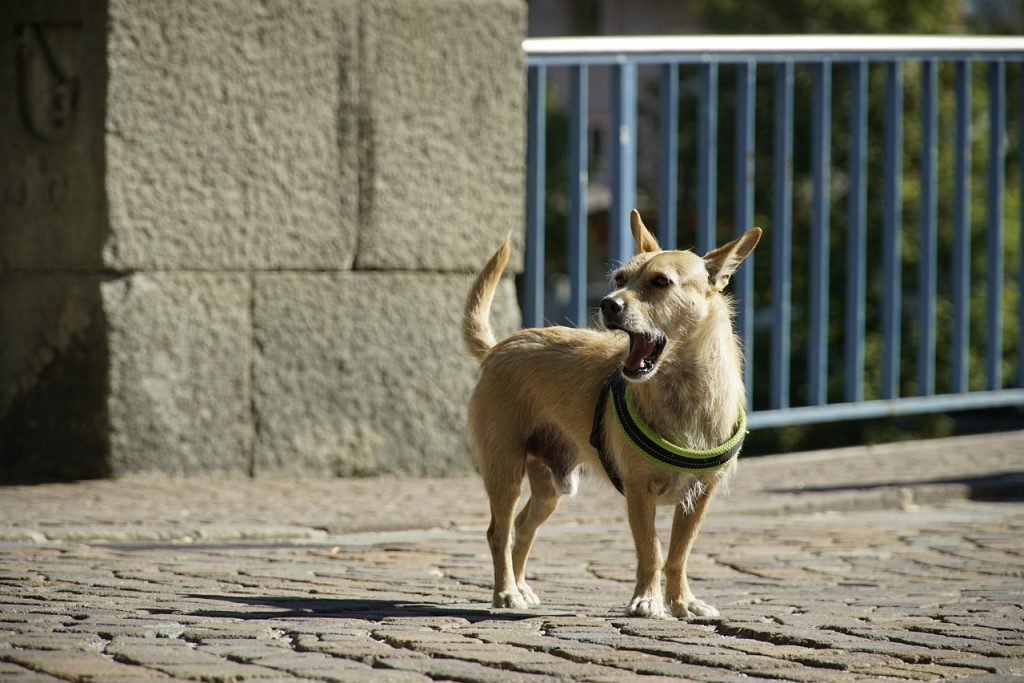Bringing a new puppy home is an exciting and joyful experience, but it also requires some work and preparation. Training your new puppy is an essential step to help them adapt to their new environment, develop good habits, and become a well-behaved and happy companion. However, for many new pet owners, training a puppy can seem overwhelming and confusing. This ultimate guide to training your new puppy is designed to help you navigate the process and provide you with all the necessary information, tips, and techniques to train your puppy effectively and enjoyably. From house training and basic obedience to nutrition and advanced training, this guide covers all aspects of puppy training to ensure you and your furry friend have a long and rewarding life together.
1. Preparing for a new puppy
Acquiring the right supplies
Before bringing your new puppy home, it’s important to have the right supplies. This includes a leash, collar, food and water bowls, toys, and a crate or bed.
Puppy-proofing your home
Puppies are curious and love to explore, so it’s important to puppy-proof your home before your new furry friend arrives. This means putting away any hazardous items, securing loose wires and cords, and ensuring all doors and windows are closed and locked.
Creating a schedule and routine
Dogs thrive on routine, so it’s important to establish a schedule for feeding, potty breaks, and playtime. This will help your puppy feel secure and will make training easier in the long run.
2. House training your puppy
Crate training
Crate training is an effective way to house-train your puppy. Choose a crate that is big enough for your puppy to stand up and turn around comfortably but not too big that they can use one end as a bathroom.


Potty training methods
Potty training takes patience and consistency. Take your puppy outside frequently, especially after meals, naps, and playtime. Reward them when they go potty outside to reinforce the behaviour.
Establishing a consistent routine
Consistency is key when it comes to house training. Stick to the same routine every day and use a verbal cue, such as “go potty,” to help your puppy understand what you want them to do.
3. Basic obedience training
Teaching basic commands
Teaching basic commands like “sit,” “stay,” and “come” will make your life easier and keep your puppy safe. Use positive reinforcement techniques, like treats and praise, to reward good behaviour.


Positive reinforcement techniques
Positive reinforcement is the most effective way to train your puppy. Reward good behaviour with treats, praise, and affection. Avoid punishment or negative reinforcement, as this can damage your puppy’s trust in you.
Using treats effectively
Treats are a great way to reinforce good behavior, but it’s important to use them effectively. Only give treats for good behaviour, and gradually reduce the number of treats as your puppy learns.
4. Socializing your puppy
Introducing your puppy to new people and pets
Socialization is important for puppies to learn how to interact with other people and pets. Introduce your puppy to new people and pets slowly and in a controlled environment, giving them plenty of positive reinforcement.
Exposing your puppy to new environments
Exposing your puppy to different sights, sounds, and smells is important for socialization and to prevent fear and anxiety. Take your puppy on walks to different environments and let them explore under close supervision.


Teaching your puppy how to behave around others
Teach your puppy how to behave around others by setting boundaries and using positive reinforcement. Reward good behaviour, such as sitting calmly when a new person approaches, and redirect bad behaviour, like nipping or jumping, with a verbal cue and positive reinforcement.
5. Preventing and correcting problem behaviours
When bringing a new puppy into your home, there will likely be some problem behaviours that arise. Barking, chewing, and digging are all common behaviours that can become problematic if not addressed early on. Understanding the root causes of these behaviours is key to correcting them through training.
Barking, chewing, and other common behaviours
Barking is a natural way for dogs to communicate, but excessive barking can be a nuisance to you and your neighbours. Chewing is also a natural behaviour for puppies, but it can be destructive if they chew on furniture or other valuable items. Digging is another common behaviour that can damage your yard or garden.


Understanding the root causes of problem behaviours
Barking can be caused by boredom, fear, or excitement. Chewing may be a result of teething, boredom, or anxiety. Digging can be a natural instinct or a way for your puppy to release excess energy.
Correcting problem behaviours through training
Correcting problem behaviours involves identifying the root cause and redirecting your puppy’s behaviour. Providing appropriate toys and activities can help alleviate boredom and anxiety. Consistency and positive reinforcement are key when training your puppy to stop problem behaviours.
6. Health and nutrition for your puppy
Proper nutrition and healthcare are essential to your puppy’s overall health and well-being. Choosing the right food, creating a healthy feeding schedule, and understanding your puppy’s health needs are all important aspects of puppy care.
Choosing the right food and treats
Choosing the right food for your puppy is important for their growth and development. Look for high-quality dog food with appropriate levels of protein, fat, and carbohydrates. Treats should be given in moderation and should not make up a significant portion of your puppy’s diet.
Creating a healthy feeding schedule
Establishing a consistent feeding schedule can help regulate your puppy’s digestion and prevent overeating. Puppies typically require more frequent feedings than adult dogs, so consult with your veterinarian to determine the appropriate feeding schedule for your puppy’s age and breed.
Understanding your puppy’s health needs
Regular check-ups with a veterinarian are important to ensure your puppy is healthy and up-to-date on vaccinations. Understanding your puppy’s specific health needs can help prevent and treat potential health issues.
7. Exercise and playtime for your puppy
Exercise and playtime are crucial for your puppy’s physical and mental health. Choosing the right toys and activities, along with incorporating regular exercise into their daily routine, can provide your puppy with the stimulation they need to thrive.
The importance of exercise and play for puppies
Regular exercise and play are important for developing strong muscles and preventing obesity. Physical activity also helps promote mental stimulation and prevents destructive behaviours.
Choosing the right toys and activities for your puppy
Choosing appropriate toys and activities for your puppy can keep them entertained and mentally stimulated. Chew and puzzle toys are great options for keeping your puppy occupied, while fetch and tug-of-war can provide physical exercise and strengthen the bond between you and your puppy.
Tips for keeping your puppy active and engaged
Incorporating daily walks and playtime into your puppy’s routine can help keep them active and engaged. Mixing up the types of activities and toys can prevent boredom and keep your puppy interested.
8. Advanced training techniques for your puppy
Advanced training techniques can help your puppy develop new skills and abilities. Teaching more complex commands, training for specific activities, and working with a professional trainer can all take your puppy’s training to the next level.
Teaching your puppy more complex commands
Building on basic obedience training, you can teach your puppy more complex commands such as “heel” and “stay”. Consistency and positive reinforcement are important for successfully training your puppy with these advanced commands.
Training for specific activities (e.g. agility, obedience competition)
Training your puppy for specific activities like agility or obedience competitions can provide mental and physical stimulation. Working with a professional trainer can provide guidance and support in these specialized training areas.
Working with a professional trainer
A professional trainer can provide personalized training and support for your puppy’s specific needs. They can also help address any problem behaviours or challenges you may encounter during training. Training your new puppy is a journey that requires patience, commitment, and love. By following the tips and techniques outlined in this ultimate guide, you can help your puppy grow into a friendly, well-behaved, and happy adult dog. Remember to be consistent, and positive, and have fun along the way. With your dedication and your puppy’s enthusiasm, you can create a strong bond that will last a lifetime.
FAQ
When should I start training my puppy?
It’s best to start training your puppy as soon as you bring them home. Puppies are like sponges, and they are very receptive to learning new things at a young age. Starting early will help them develop good habits and make training easier in the long run.
What are some common mistakes to avoid when training a new puppy?
One of the most common mistakes is being inconsistent with training. It’s important to establish a routine and stick to it. Another mistake is using punishment or negative reinforcement, which can damage the relationship between you and your puppy. Instead, focus on positive reinforcement and reward good behaviour.
Do I need to hire a professional trainer to train my puppy?
While it’s not necessary to hire a professional trainer, it can be helpful, especially if you have a particularly challenging puppy or want to teach advanced training techniques. A professional trainer can provide personalized guidance, address specific issues, and help you and your puppy build a stronger bond.
How long does it take to train a new puppy?
Training a new puppy is an ongoing process that requires patience and consistency. It can take several months or even up to a year to fully train a puppy, depending on its personality, breed, and the training methods used. It’s important to remember that each dog learns at their own pace, so be patient and keep working with them.


